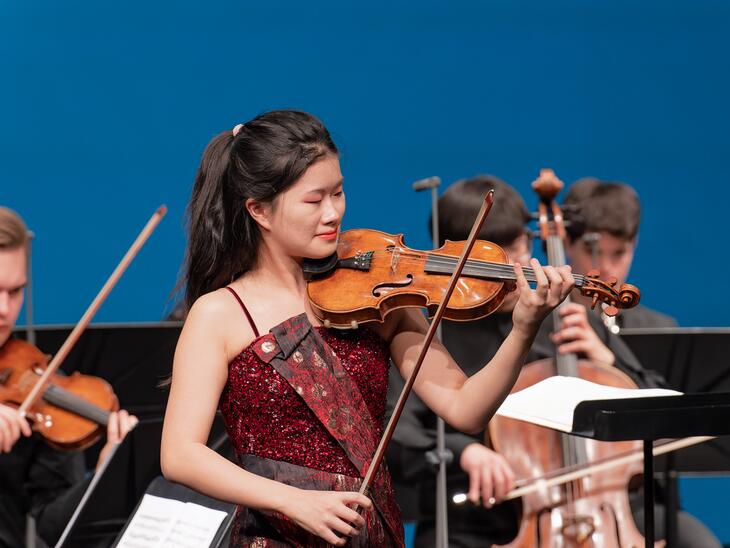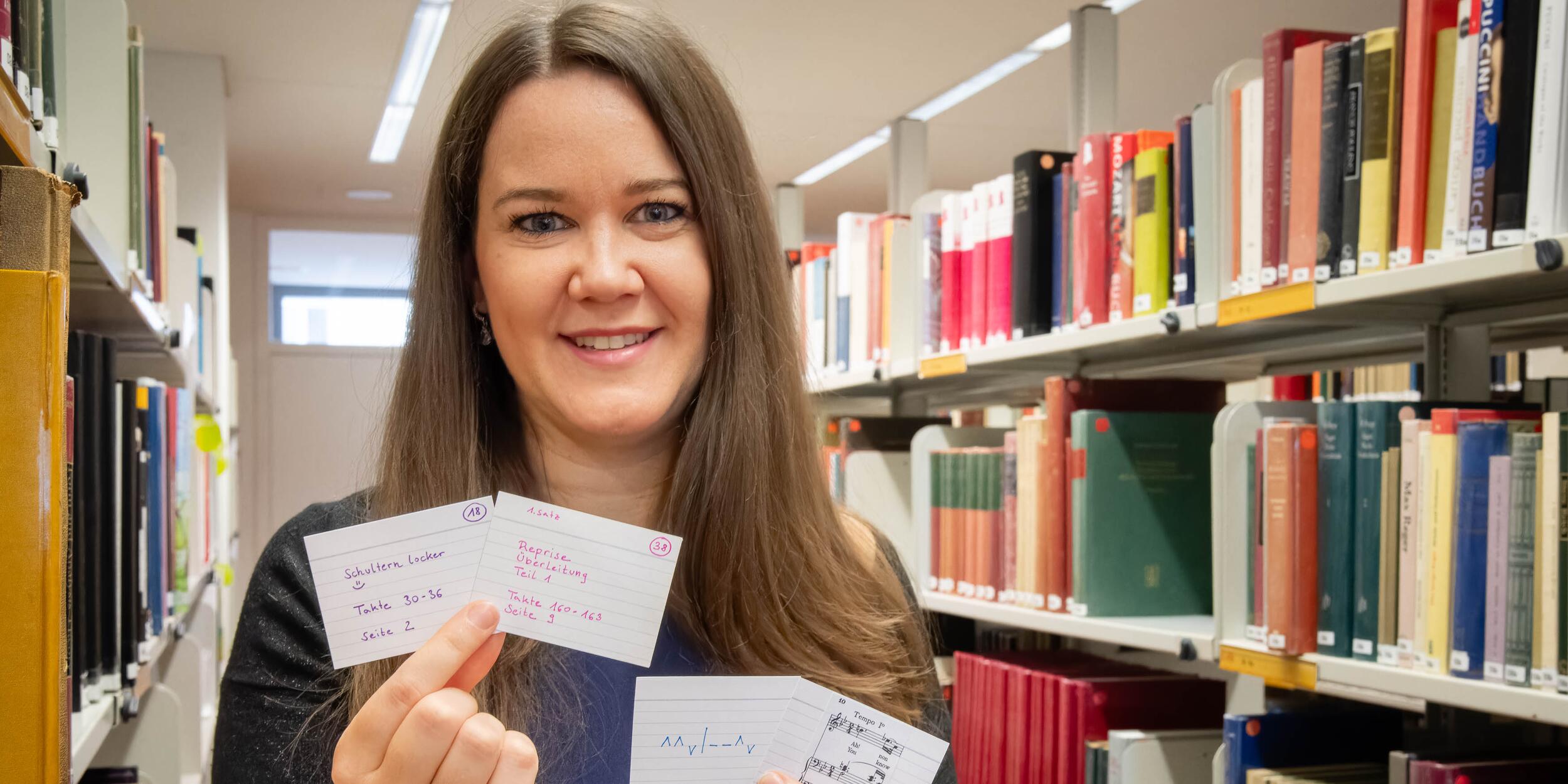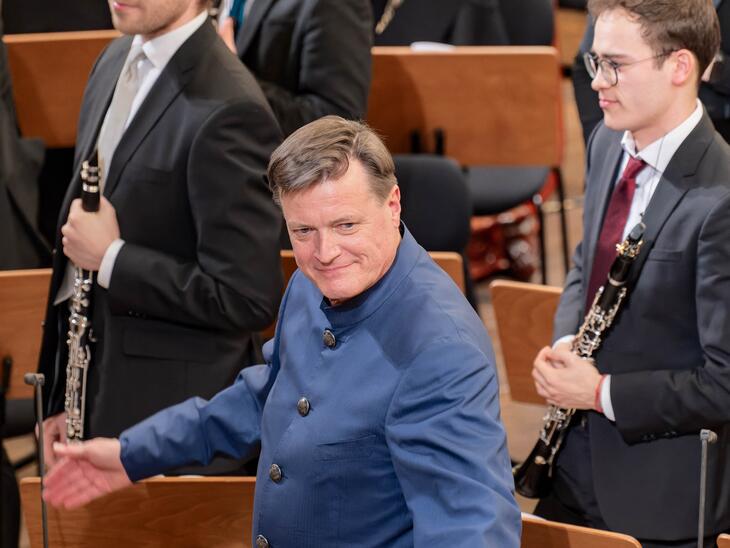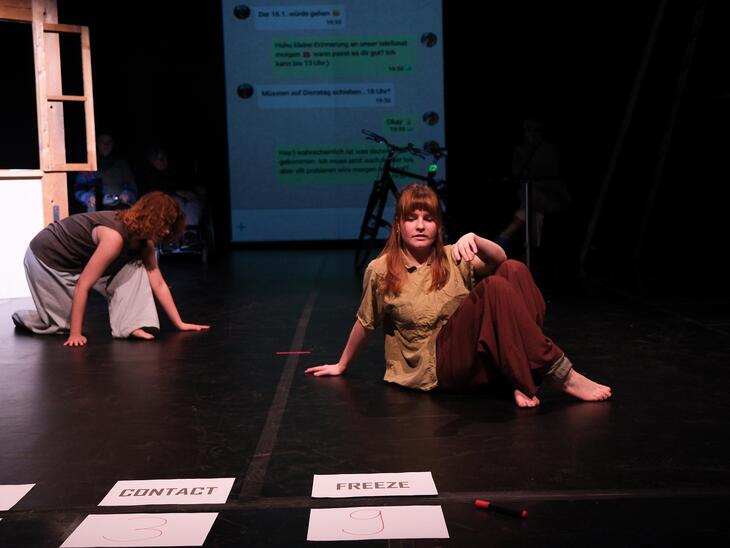Almost all musicians are confronted with memorizing works during their musical careers. For numerous competitions, examinations and solo performances, playing by heart is now considered compulsory, in stark contrast to the Baroque and Viennese Classical periods, when it was not customary to play by heart. It is often required to learn a piece by heart, but learners are rarely given guidance on how to proceed. This was also confirmed by Elisabeth Eder's preliminary study to examine the topicality and relevance of the topic, in which 111 instrumentalists took part. As part of a large-scale empirical study, 1091 musicians from 64 different countries described how they memorize, i.e. how they remember or recall something from memory. The participants in the study also evaluated their learning strategies and justified their choice in terms of effectiveness. Based on the study and instrumental pedagogical literature, 100 learning strategies were identified or categorized, the strategies were examined in terms of their effectiveness and instrument-specific, age-specific, country-specific, gender-specific and education-related differences and similarities with regard to the choice of learning strategies were investigated. Eder is convinced that many of the learning strategies can be transferred to other, non-musical learning situations.
The results showed differences in the preferred memorization strategies, which were particularly prominent between pianists and musicians of melodic instruments such as the flute and violin. There were no significant gender-specific differences in memorization. It is interesting to note that the higher the level of training, the more learning strategies are used. There were also cultural and instrument-specific traditions as to whether and to what extent memorization is used. While pianists reported that it is an unwritten rule to perform all solo pieces in concert from memory, brass players described that they only very rarely (have to) play from memory. Musicians from various Eastern European countries and Japan see playing by heart as a matter of course. The most frequently used learning strategies are "learning in units", "analysis and background knowledge" - both of which are used most frequently across all continents - as well as "repetition", "channel-reduced perception" and "auditory learning". Musicians who rated their approach in the study as effective used more and more differentiated learning strategies than those who described their approach as ineffective or less effective. Reasons for their choice of effectiveness include the feeling of security when memorizing and performing on stage, the time required, the storage time in the memory, routine or lack of routine, knowledge or lack of knowledge about learning strategies and special talents such as absolute pitch, photographic memory and synesthetic talent.
Learning strategies that are used less frequently, on the other hand, are "learning with and through colors", "iconic reproduction" (writing down notes from memory), "learning with and through movement" and "mnemonics", whereby mnemonics in particular are interesting due to their effectiveness. These include the anchor point system, which is only used by 5.37 percent of all respondents, but was described by them as highly effective, as Elisabeth Eder, who learned about this strategy at the Guildhall School of Music and Drama in London, explains. For her, it was also a valuable system for reviewing what she had memorized, which gave her a sense of security. It was this experience that ultimately led her to her dissertation topic. Mnemonics are memory aids that link the content of a memory with a mnemonic. New information or information that has little or no meaning in itself is strategically linked to stored information (e.g. words, pictures, numbers, names) in long-term memory. The learning psychological function is to create an association of an extra-musical anchor x with a musical content. Anchor points are used, among other things, to be able to (re)enter at personally defined points at any time. A very effective way of memorizing and reviewing what has been memorized is the use of memory cards. Memory cards are structured according to the anchor point strategy. A piece of music is divided into sections by creating memory cards. The aim is to be able to enter the individual sections effortlessly and, for harpists, with the correct pedal position - there are 1287 different ones - at any time. Memorization begins as soon as the memory cards are created through an intensive examination of the topic.
In addition to researching learning strategies for memorizing music, Eder also dealt with forms and models of memory and how music-related information can be stored and retrieved and also forgotten again. She showed that the storage and retrieval of music-related information can be explained in many different ways, for example by the level of consciousness, the duration of storage, the sensory channels, the type of information, the encoding and retrieval situation and much more. It becomes clear that the way in which learning takes place is crucial for the storage and retrieval of information. Teachers can support their students by teaching other aspects of successful memorization in addition to useful learning strategies. These include regular practice and memorization, breaks and sleep, relaxation, which makes the brain more efficient, emotions, which can have an activating or inhibiting effect, as well as mental and physical states. Furthermore, knowledge about the capacity of the working memory, avoiding the "Penelope effect" (through excessive practicing) and practicing mistakes as well as setting realistic goals and how they can be achieved are important.
Prompts, stimulus variation and cues can make a significant contribution to ensuring that pupils focus their attention on the information relevant to memorization. Information should appeal to as many sensory channels as possible in order to achieve in-depth information processing. Knowledge is thus secured in a variety of ways and the risk of memory gaps is reduced many times over. In addition to all these aspects, it is important to convey appreciation and belief in the abilities of the learners. It is empirically proven that pupils who are classified by the teacher as high achievers also perform better, regardless of their talent and the efforts they have made up to that point.
The subject area still leaves plenty of room for further research, from the historical and comparative context to experimental areas. Eder shows many different learning strategies, but it makes a considerable difference to the end result which path is chosen and which learning strategies are used. Purely "mechanical learning", i.e. pure repetition without grasping the meaning, usually leads to memory gaps after a short time. On the other hand, active processing of memory content that serves the understanding of music and links with as many sensory perceptions as possible lead to deep assimilation. Newly learned information is therefore available more quickly and stored more securely in the long term. It can therefore be very worthwhile to try out other, new approaches.
(First published in the Uni-Nachrichten / Salzburger Nachrichten on December 2, 2023)




